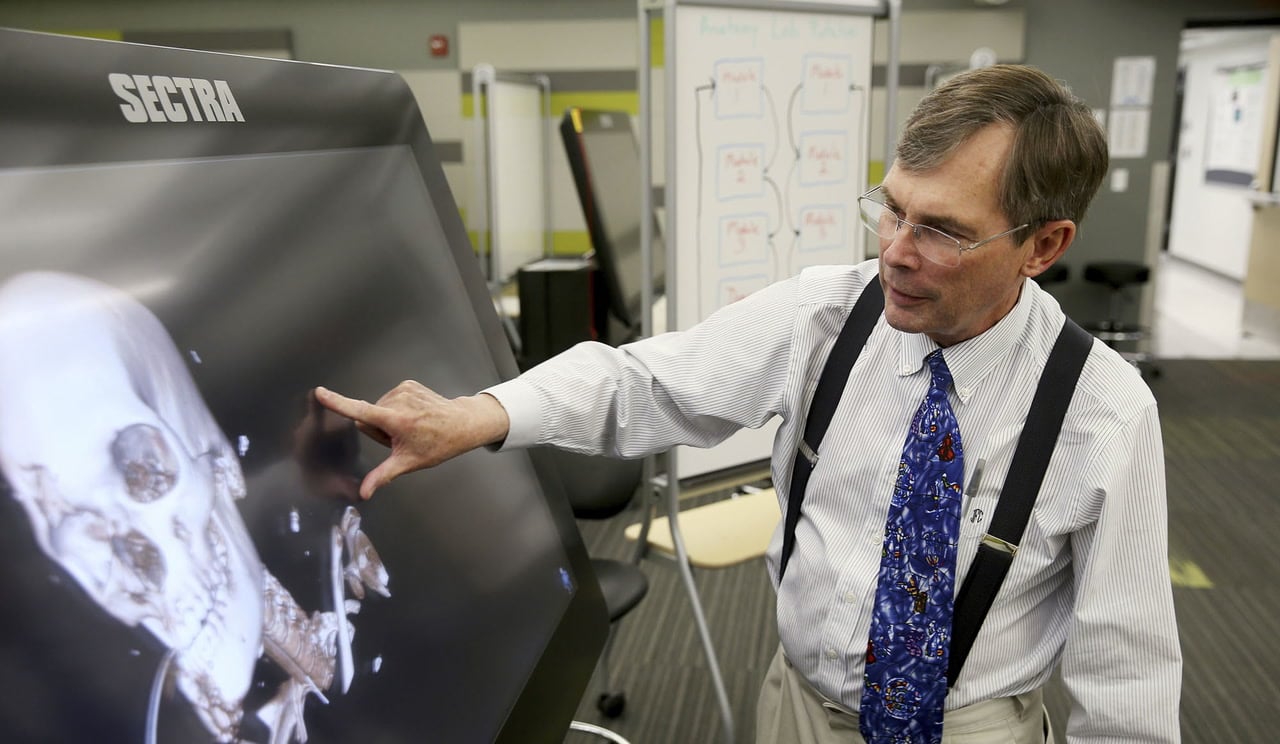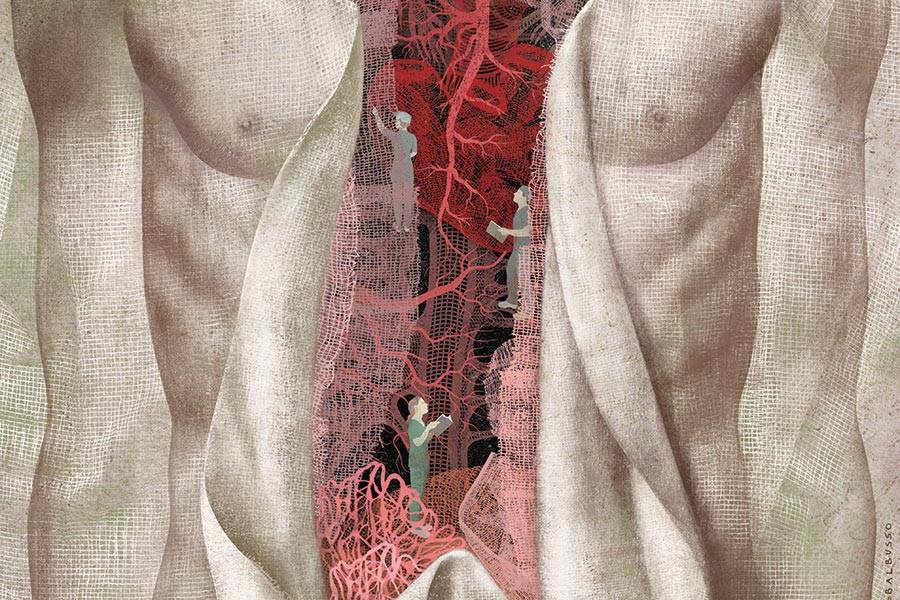therewillbesun96
Full Member
- Joined
- May 4, 2020
- Messages
- 19
- Reaction score
- 24
I don't want to apply to or attend a medical school that uses cadavers as the primary focus for anatomy and am trying to make a list of medical schools that use VR or simulations instead. Here is my list so far, hoping others can add -- thanks!
Kaiser
Cleveland Clinic
UCSF
Case Western
WSU (might be a mix?)
Iowa (might be a mix?)
TCU/UNTHSC
UTRGV
Dell (UT Austin, likely a mix but heavy on VR and digital)
(Not trying to argue whether the experience is important. But if you're interested in my reasoning, check out this article along with similar thought pieces. Also, I use VR as a biology teacher myself -- no dissections. Looking for something similar as a student.)
Kaiser
Cleveland Clinic
UCSF
Case Western
WSU (might be a mix?)
Iowa (might be a mix?)
TCU/UNTHSC
UTRGV
Dell (UT Austin, likely a mix but heavy on VR and digital)
(Not trying to argue whether the experience is important. But if you're interested in my reasoning, check out this article along with similar thought pieces. Also, I use VR as a biology teacher myself -- no dissections. Looking for something similar as a student.)
Last edited:


